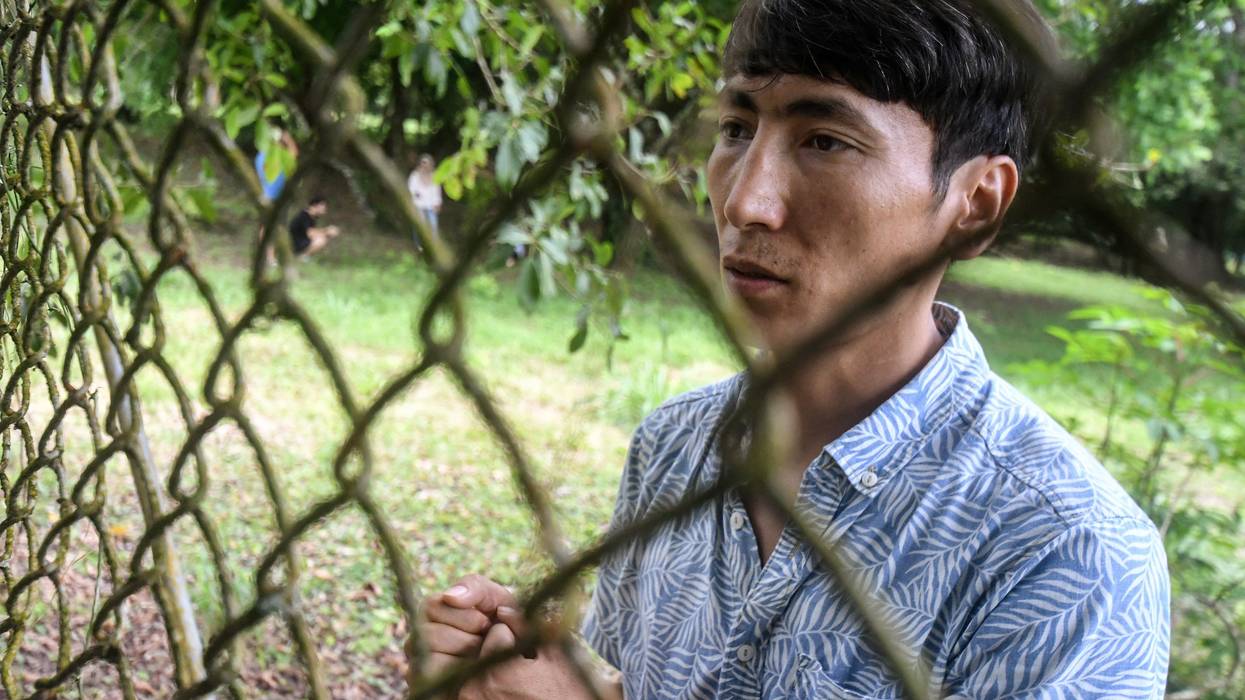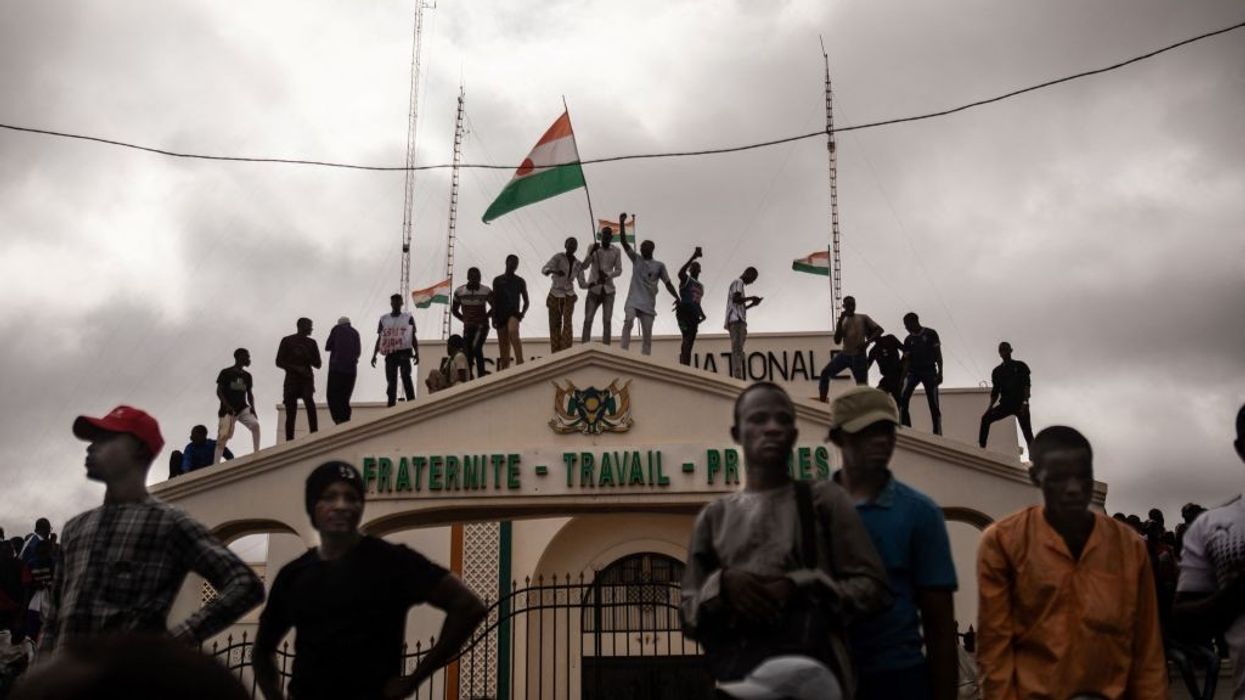The report, compiled by the Wellbeing Research Center at University of Oxford along with Gallup and the United Nations Sustainable Development Solutions Network, found that the U.S. is continuing to fall down the list—ranking at 24, one spot lower than in 2024. In 2012, when the World Happiness Report was first published, the U.S. held the 11th spot.
The researchers measured several variables that contribute to people's happiness, including social supports, freedom to make life choices, and perceptions of corruption within their country.
Across the world, researchers recorded a drop in "deaths of despair"—preventable deaths from substance use disorders, alcohol abuse, and suicide. But the U.S. was one of two countries—the other being South Korea—where these deaths "rapidly rose," with an average yearly increase of 1.3 deaths per 100,000.
This year's World Happiness Report focuses largely on "the impact of caring and sharing" on people's happiness, noting that the prevalence of volunteering and helping strangers was high in some of the happiest countries, while social isolation in the U.S. was tied to high levels of unhappiness.
"In the United States, using data from the American Time Use Survey, the authors find clear evidence that Americans are spending more and more time dining alone," reads the report's executive summary. "In 2023, roughly 1 in 4 Americans reported eating all of their meals alone the previous day—an increase of 53% since 2003."
But the Costa Rican ambassador to the U.S., Catalina Crespo Sancho, noted at an event hosted by Semafor presenting the annual report, that the way the Costa Rican government invests public funds has helped push it into the top 10 happiest countries for the first time, with Costa Rica ranking sixth in the world.
"We're one of the few countries in the world that does not have an army," said Crespo Sancho. "All that money, they invested in things that our Nordic countries here have been doing for many, many years... Education, social services, health access."
Residents of the happiest countries named in the report benefit from significant public investment in healthcare, education, childcare, and other public services, and live in societies where the divide between the richest households and working people is far smaller than in the United States.
Finland, Denmark, Sweden, Iceland, and the Netherlands all score below 30 on the World Bank's Gini Index, which measures income inequality, while the U.S. has a score of 41.3, indicating a wider gap between the rich and poor.
The report was released two months into Trump's second term in the White House, which has already been characterized by efforts by Trump and his billionaire ally, tech mogul Elon Musk, to gut public spending on healthcare, education, and the environment in order to fund tax cuts for the richest households. The Republican Party is also aggressively pushing attacks on bodily autonomy in the U.S., passing abortion bans and so-called "fetal personhood" measures as well as laws barring transgender and gender nonconforming people from accessing affirming healthcare.
According to the report, in the U.S., "the downward trend in life satisfaction is particularly steep among young people under 30, especially women."
The report also contextualized the victory of Trump and rise of far-right movements like the president's nationalist, anti-immigration MAGA movement, noting that far-right supporters of "anti-system" political leaders like Trump "have a very low level of social trust."
For the populist right, this low trust is not limited to strangers, but also extends to others in general, from homosexuals to their own neighbors. The xenophobic inclination of the populist right, well-documented worldwide, seems to be a particular case of a broader distrust towards the rest of society. Right-wing populists throughout the world share xenophobic and anti-immigration inclinations. The Sweden Democrats, the Danish People's Party, the Finns Party, the Freedom Party of Austria, Greece's Golden Dawn, the Northern League and Fratelli in Italy, the National Rally in France, and a fraction of the Republican Party in the U.S. are all built on strong anti-immigration foundations.
Meanwhile, "far-left voters have a higher level of social trust," leading them to support "pro-redistribution, pro-immigrant" political groups that offer an alternative to the political establishment with "more universalist values."
In the United States' two-party system, citizens "with low life satisfaction and low social trust" tend to "abstain" from political engagement, according to the report.
"The fall in life satisfaction cannot be explained by economic growth," reads the report. "Rather, it could be blamed on the feelings of financial insecurity and loneliness experienced by Americans and Europeans—two symptoms of a damaged social fabric. It is driven by almost all social categories, but in particular, by the rural, the less-educated, and, quite strikingly, by the younger generation. This low level of life satisfaction is a breeding ground for populism and the lack of social trust is behind the political success of the far right."




